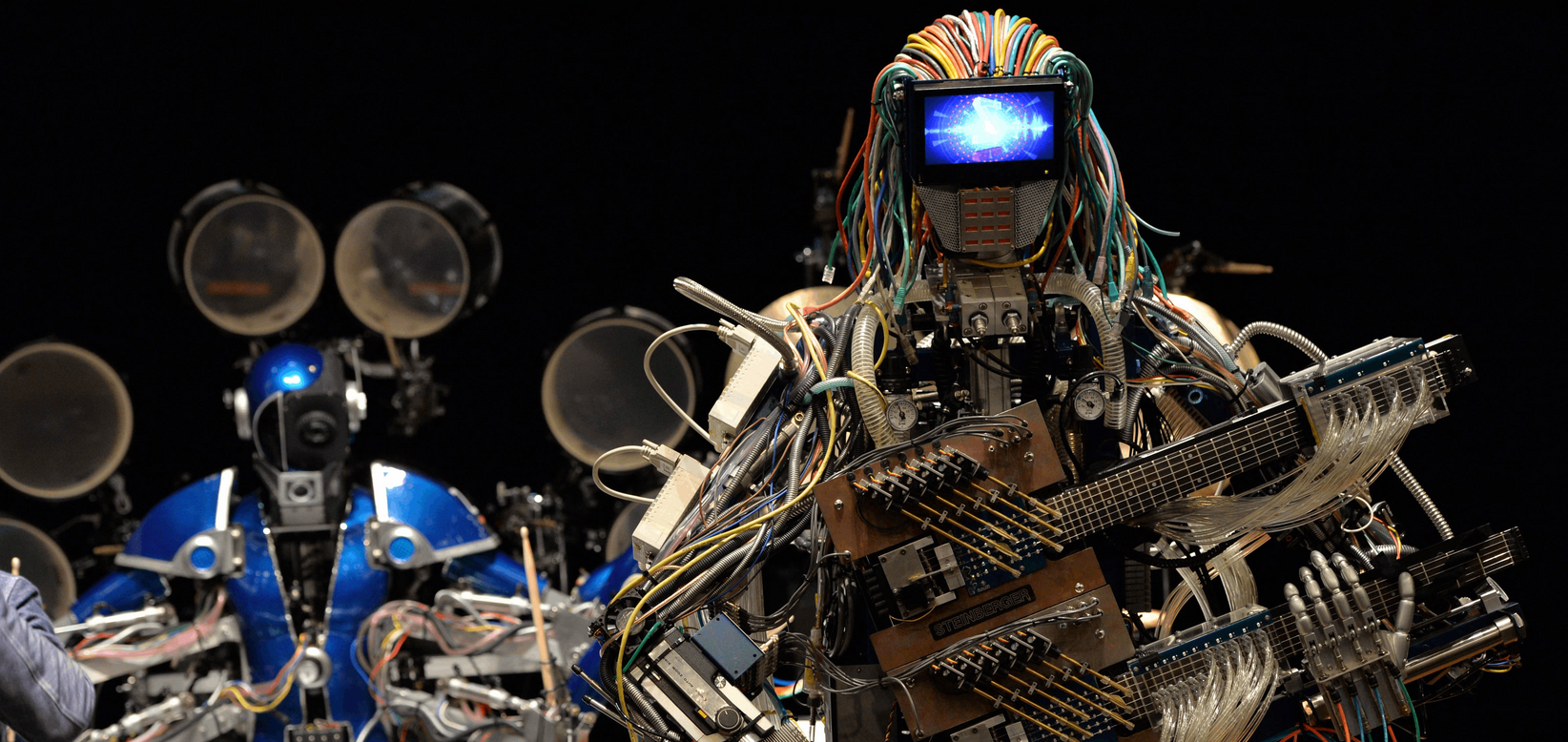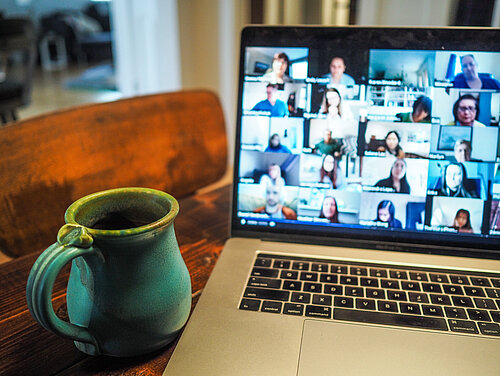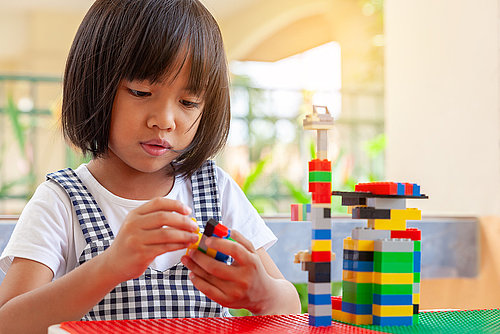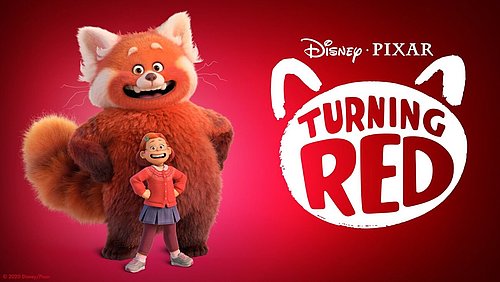
Work
Research | Social media | Marketing
Blog
Can You Hear the Difference?

Last year, I found myself listening to what I thought was a new band called Headache. It had this futuristic tip-hop vibe that I often find myself listening to. The vocals were weirdly distinct, layered under lyrics that felt surreal but oddly moving. Intrigued, I did a bit of digging. Turns out it wasn’t a band at all. It was a project by a producer whom I also listen to, called Vegyn, using lyrics written by Francis Hornsby Clark and performed entirely by AI.
At first, I thought it was a clever concept. The strange, dreamlike lyrics suited the artificial vocals. But the more I sat with it, the more I started thinking about the bigger picture. If an AI voice were chosen to perform this music, does that mean a real vocalist missed out on the opportunity? A job? A moment to build their career?
AI Isn’t the Future of Music. It’s the Present.
Tools like Suno and Udio are already making it easy for anyone to generate a full song in a matter of seconds. You don’t need to play an instrument or write a lyric. Just describe the vibe and let the AI take over. The results aren’t basic either. They’re polished, catchy, and often can't be told apart from tracks made by real people.
Earlier this year, a band called The Velvet Sundown went viral. The psych-rock band started gaining serious traction before listeners realised no artist was behind it. It was generated by AI, and people weren't happy. Not just because it fooled people, but because it genuinely sounded good.
And that’s the bit that’s hard to ignore. AI music is no longer a quirky experiment. It’s good enough to blend in. Good enough to go viral. Good enough that younger listeners might not think to question where it came from at all.
What Happens When There’s No One Behind the Song?
Music has always been about more than sound. It’s about voice and personality. It’s about where a song comes from and why it was made. That’s what makes music relatable, especially for kids and young people. It gives them role models. Artists to look up to. Songs to scream in their bedrooms or dance to in the kitchen.
If AI tracks become the norm, will future generations still care about who made the music they love? Or will the emotional connection start to fade? (Read Nathalie’s blog on personality-led fandom HERE)
There’s also a question around access. One of the most exciting things about music is that, theoretically, anyone can break through. But if brands and media companies start relying on AI to generate the perfect song for every campaign or show, those small opportunities start to disappear. And it’s often emerging or independent artists who miss out first.
AI Music in Kids & Family Spaces
In the kids and family space, music does so much more than entertain. It helps children make sense of the world, regulate their emotions, and express themselves in ways that words alone often can’t. It’s why the voice behind a song matters. The energy, tone, and imperfections all contribute to how a child feels when they hear it.
That’s why using AI to generate music for kids isn’t just uninspiring, it’s potentially harmful. It strips away the emotional nuance, removes the human intention behind the lyrics, and can ultimately disconnect children from the meaning of the song. We’ve had these conversations with artists, songwriters, and labels we work closely with.
So What’s the Role of Brands?
From a brand perspective, the temptation to use AI-generated music is understandable. It’s fast, cheap, and easy to tailor. But the risk is losing that deeper connection and the stuff that makes a song memorable, shareable, or worth singing on repeat.
Instead, the opportunity is to use AI alongside human creativity. Maybe it’s using AI tools to spark inspiration, then bringing in a young artist to shape the sound.
Final Thoughts
AI isn’t going anywhere, and when used well, it can help unlock new forms of creativity. But music, especially real music, still matters. Not just because it sounds good, but because of who makes it, and what it means.
As the next generation grows up surrounded by generated music and algorithmic playlists, we need to make sure they also grow up with a sense of voice, emotion, creativity. Because at the end of the day, music is still one of the most human things we have.
If you’re a brand looking to explore music, whether it’s for kids, families, or cross-generational audiences, we’d love to help you do it in a way that connects. Get in touch with us HERE
Image Source - @CNN


